

World Classical Music
The show presents the masterpieces of classics in performance of distinguished musicians, as well as provides comprehensive information about the lives and works of composers and performers, their role and influence on further development of classical music.

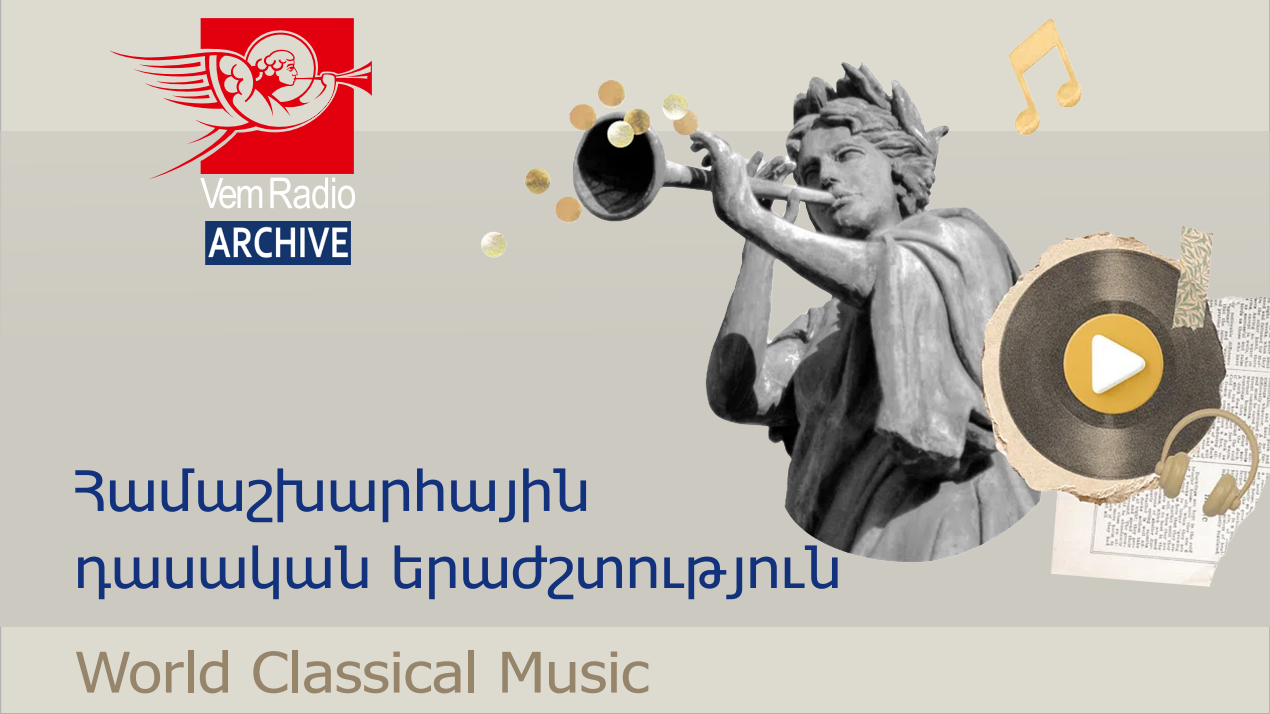
To Golgotha
This episode presents the structure of Haydn's "The Seven Last Words of Our Savior on the Cross" and draws parallels between the works of the same name by composers of different times.

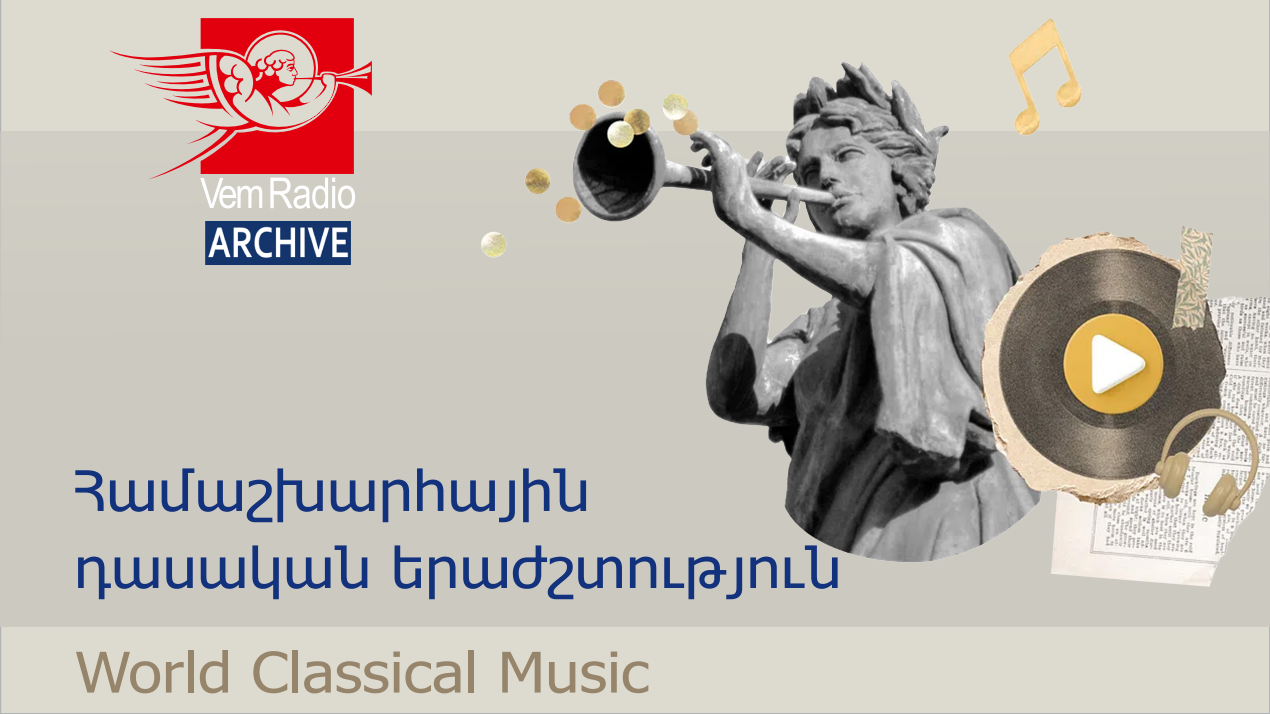
Ave Maria; Rejoice, O Holy Virgin!
The episode presents the birth, development, and application of the genre of the hymn “Ave Maria” in the art of different composers.

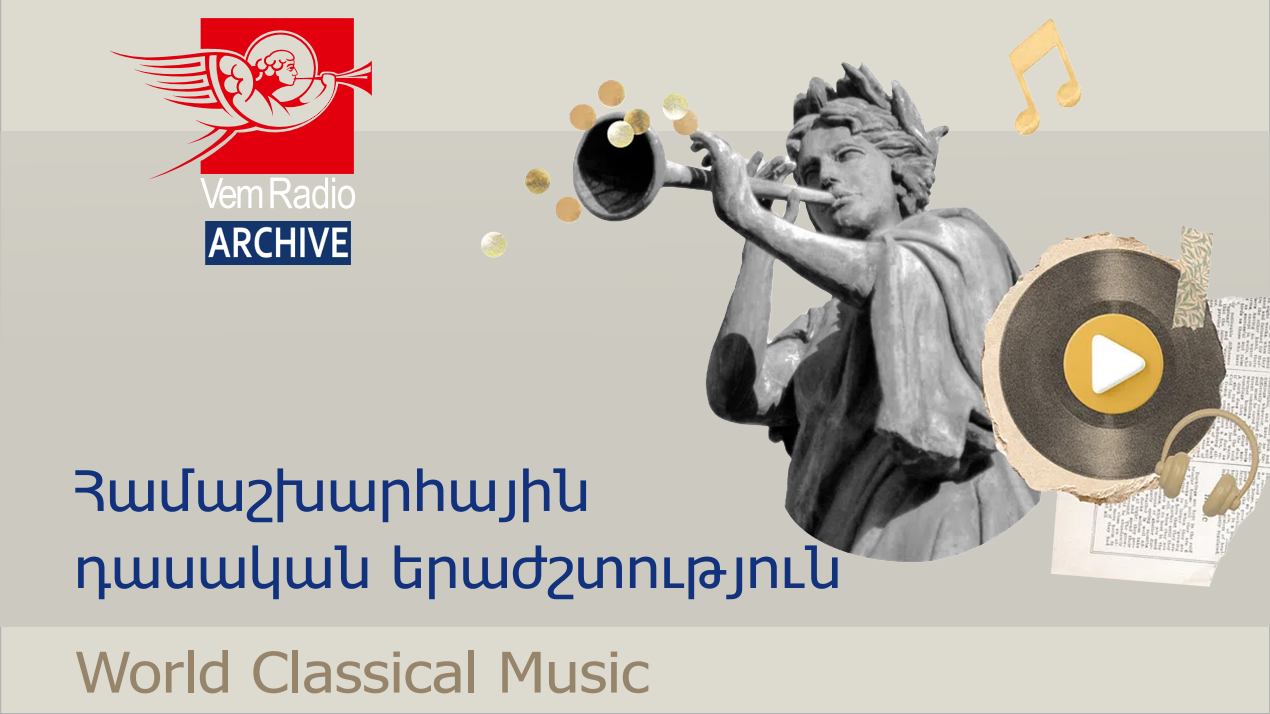
Böcklin – Rachmaninov – Zaryan
The episode is dedicated to two works based on Arnold Böcklin’s painting "Isle of the Dead" — Rachmaninoff’s Symphonic Poem and a poetic series by Kostan Zaryan.

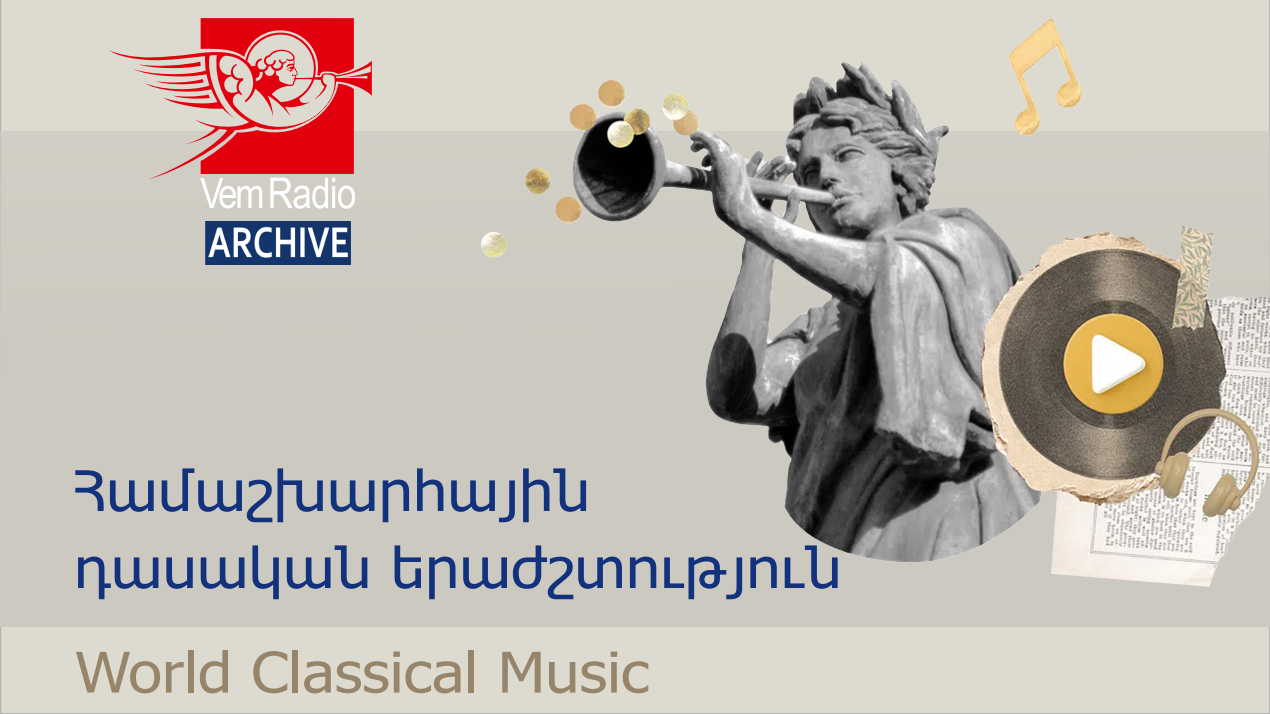
The First Performance of the 4th Concerto was Beethoven's Last Concert
The episode elucidates the form and content of the innovative concert, and draws parallels with other works of the author.

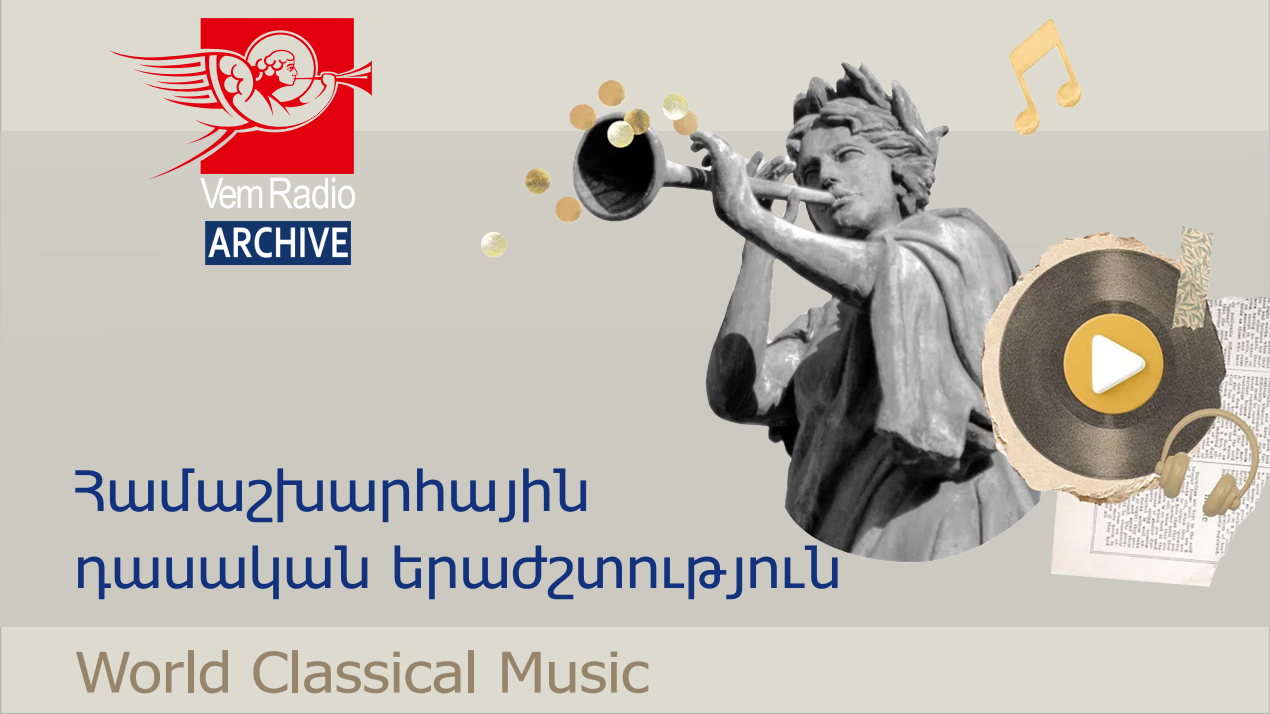
Formation of the Classical Concerto
The episode is dedicated to the genealogy of the genre of concerto. Beethoven's Piano Concerto No. 3 is presented as a perfect example of this genre.

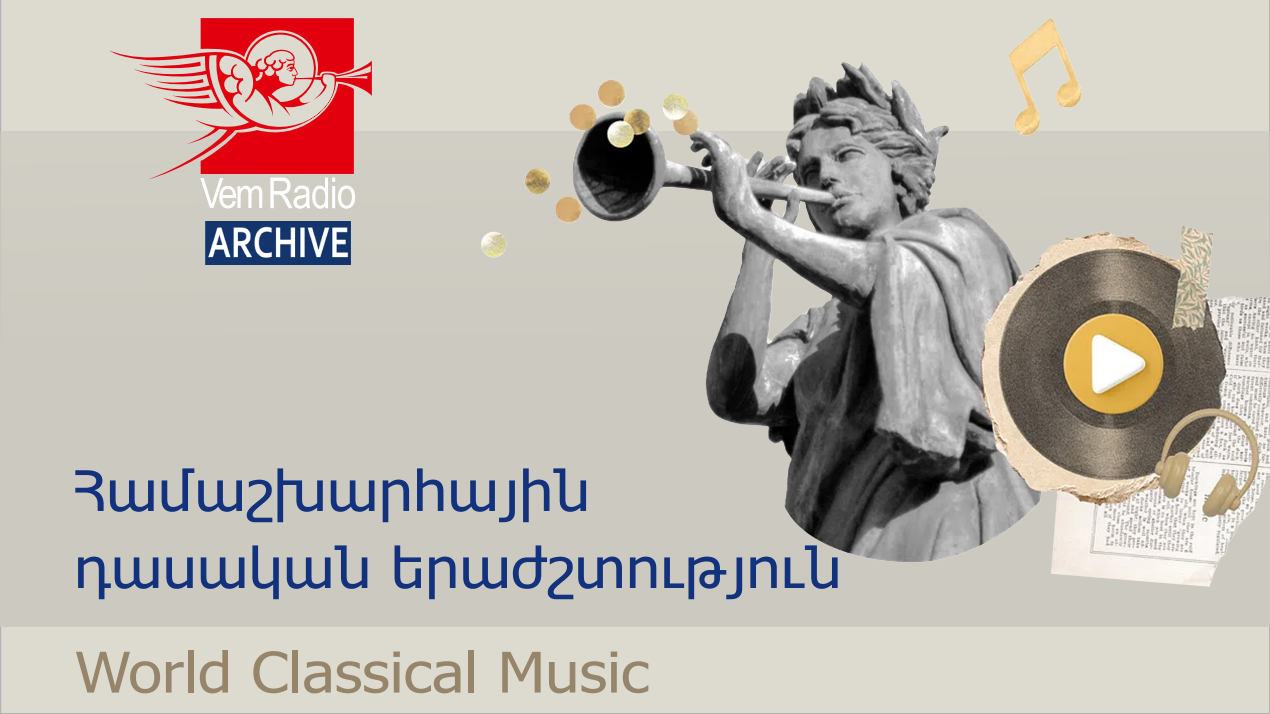
We Conquer Evil With Your Song
The episode draws a parallel between the art, worldview and ideals of Gregory of Narek and Johann Sebastian Bach, and attempts to find though distant, but common ground and principles.

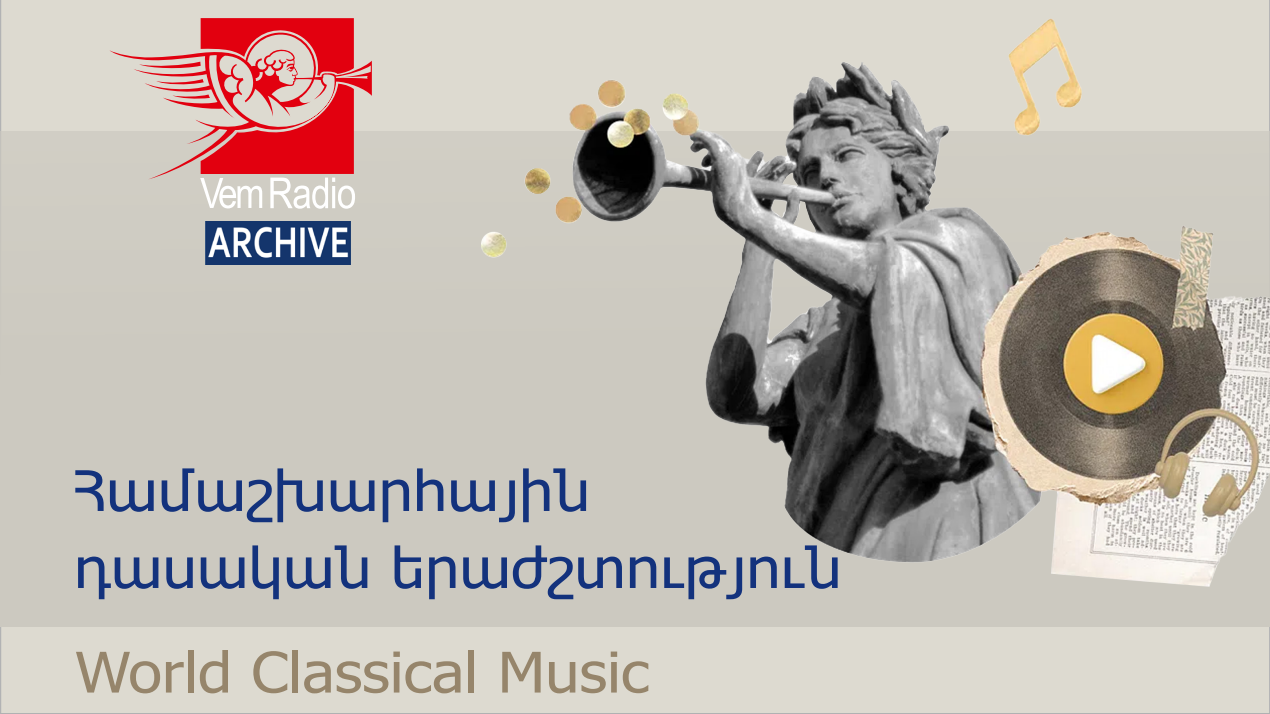
Antonio Vivaldi: Birds Sing the Arrival of Spring
The episode is dedicated to the concert series "Four Seasons" by Antonio Vivaldi. The author presents the "dialogue" between humans and nature and its reflection in music.

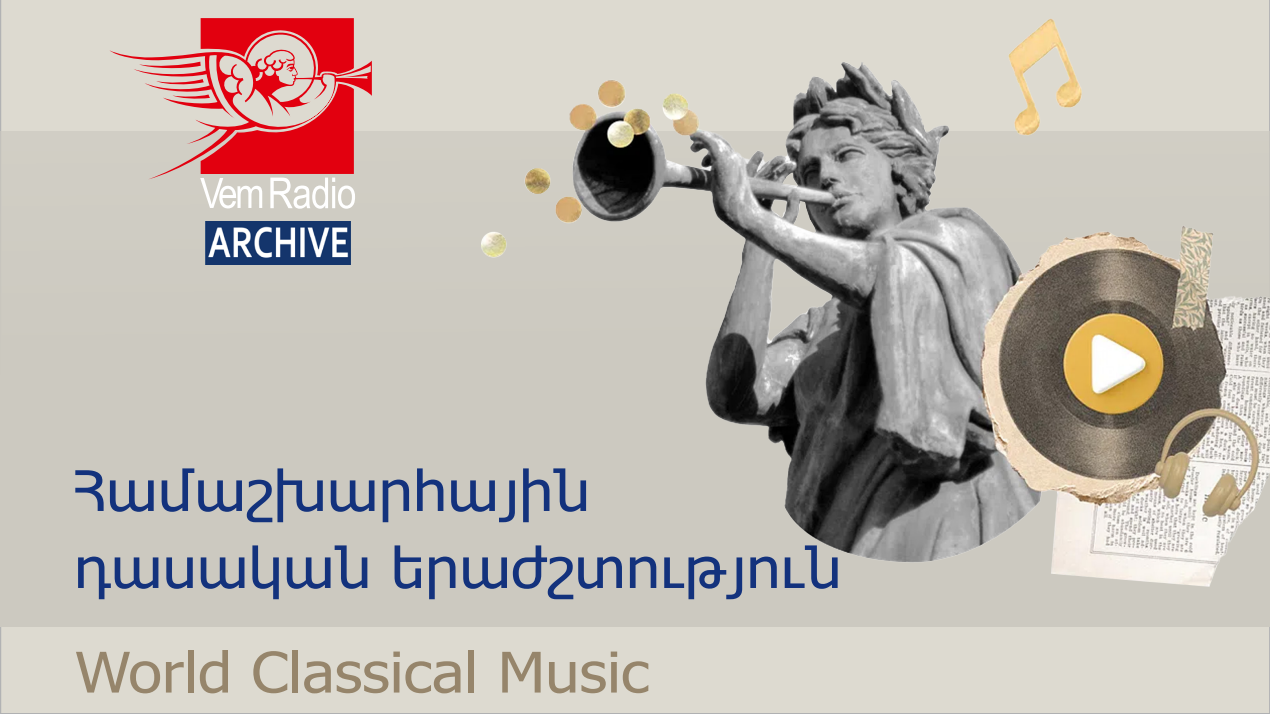
"Choreographic" Concert by Igor Stravinsky
This episode presents the history of the creation of Igor Stravinsky's Violin Concerto, its premiere, characteristics given by Stravinsky, and the plastic nature of its music.

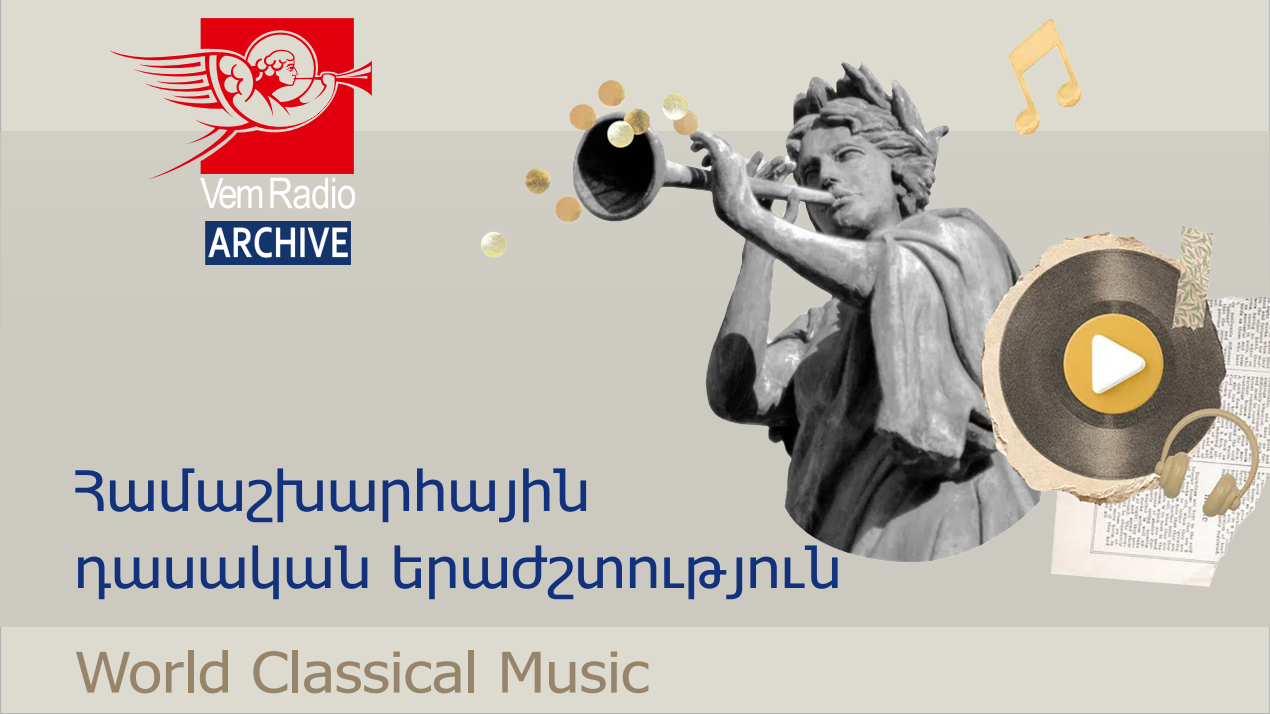
The Smile of the Genius
The episode presents the comic Coffee Cantata of Johann Sebastian Bach. In an example of one family, this cantata reflects the different opinions raised around this drink imported to Europe.

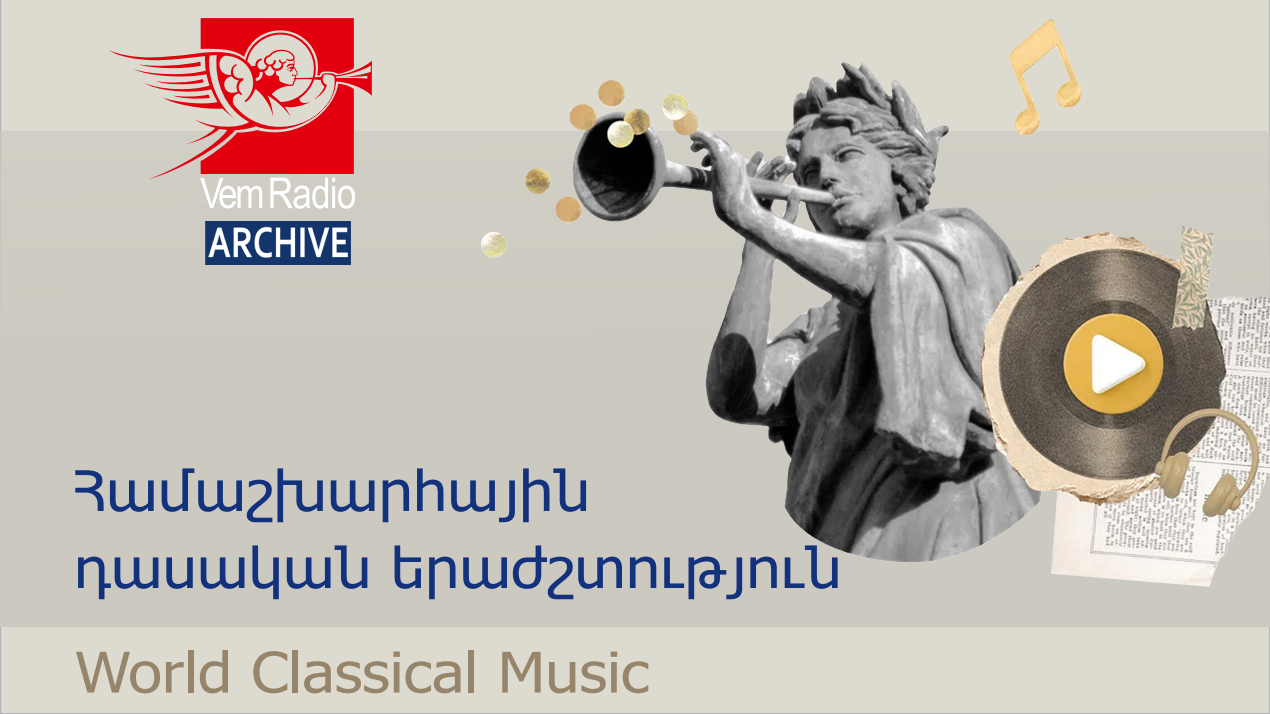
The First Steps of the Giant
The episode presents the biography and work of Aram Khachaturian in the period between the two world wars of the 20th century.

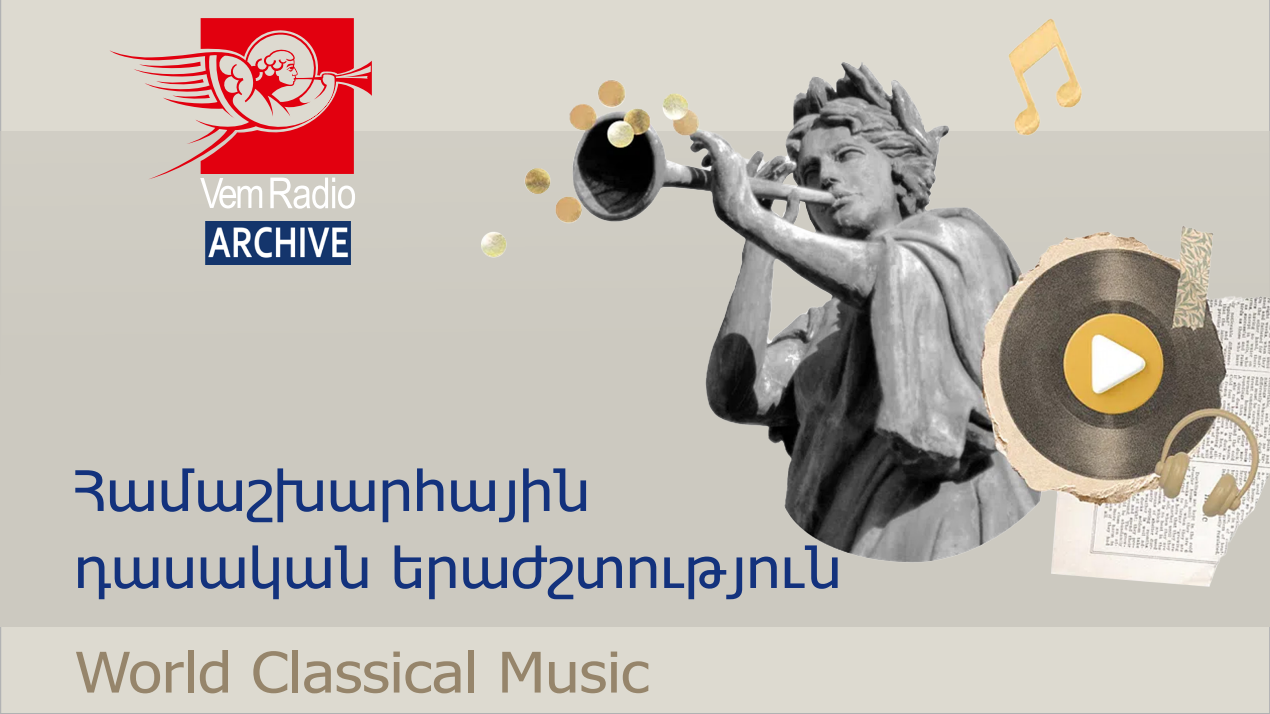
Pioneer of Sacred Music
The episode is dedicated to the life and work of Makar Ekmalyan, and to his contribution to sacred music.

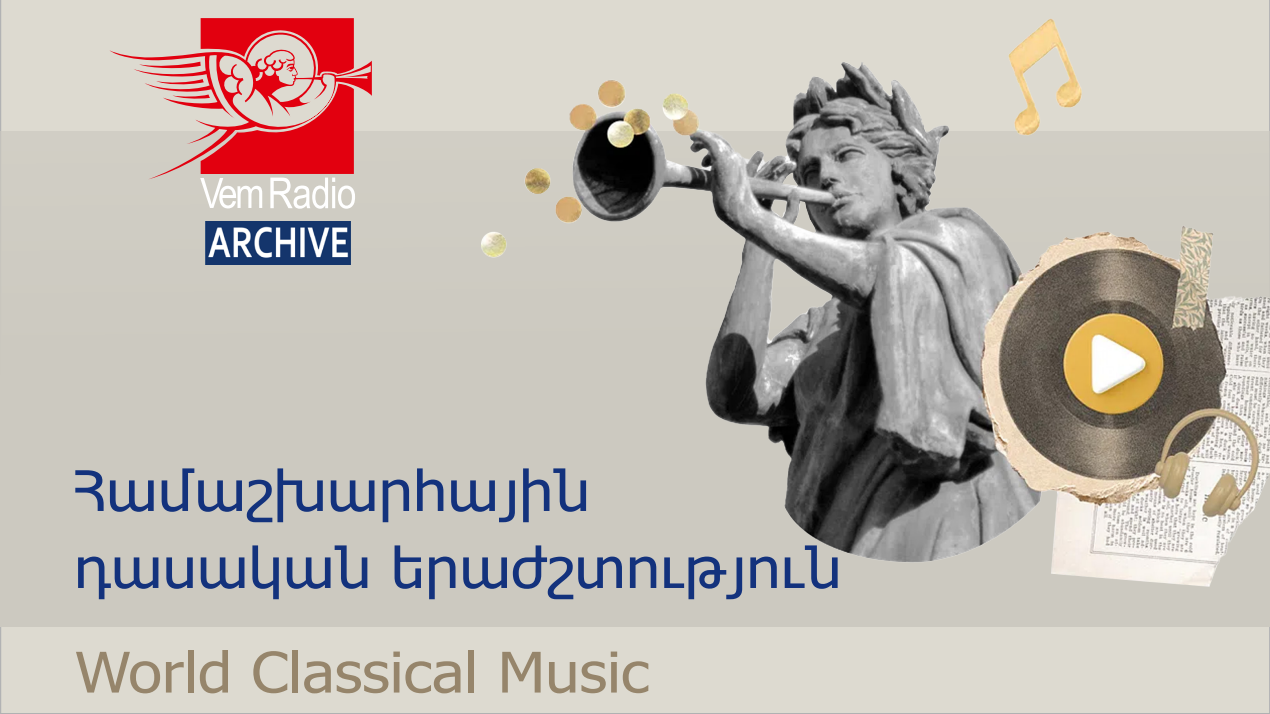
Giuseppe Verdi, La Traviata
The episode describes the love and tragedy of the heroine of this Opera as well as the "luxury and misery" of the Parisian elite of the 19th century, and presents the embodiment of the libretto through relevant musical forms.

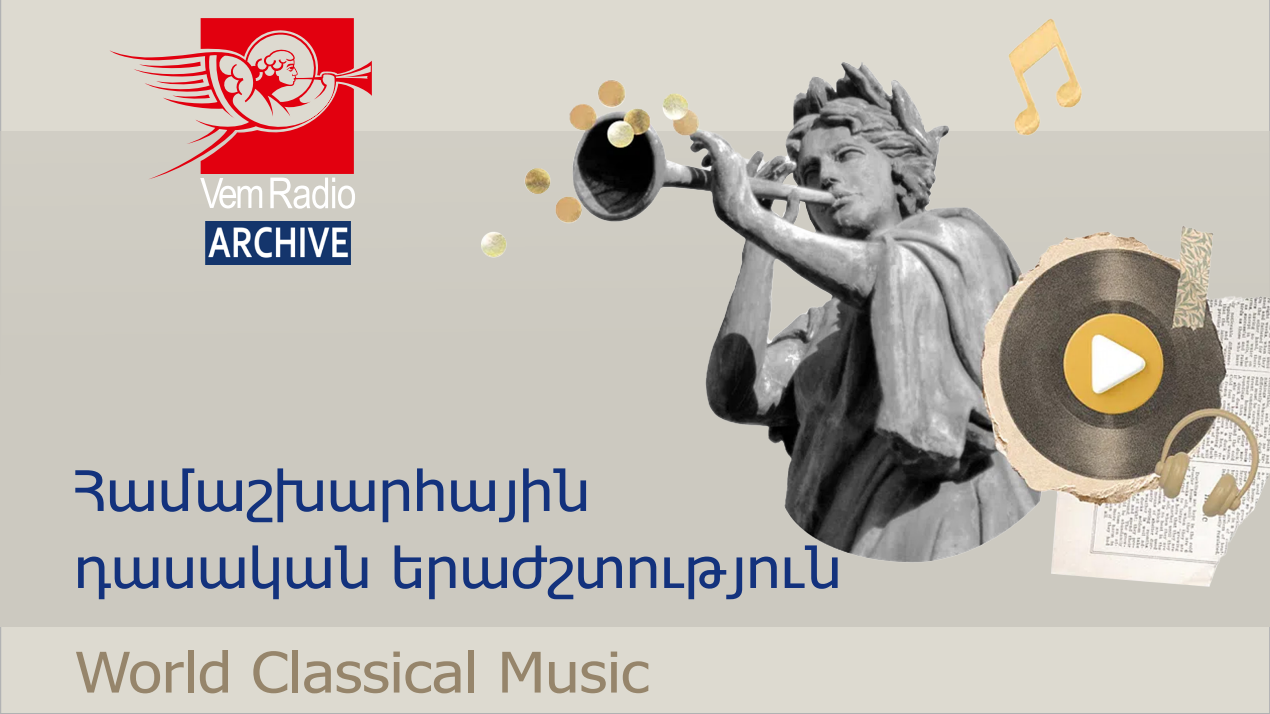
Programmatic Nature of Jean Sibelius' Music Art
This episode of our program illustrates Sibelius's creative credo, according to which music can achieve maximum impact when guided by any poetic line or program, in other words, when music merges with poetry.

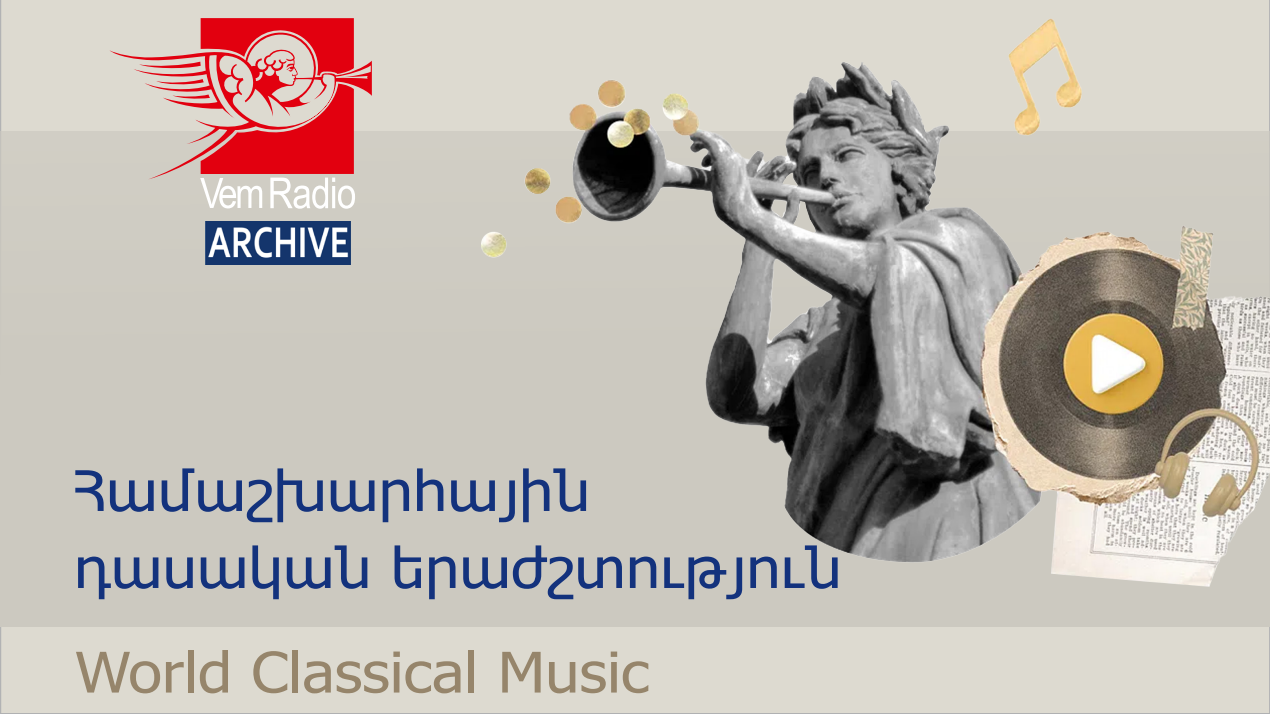
Benjamin Britten; Britten's Days in Yerevan
This episode touches upon the biography and works of Britten — his innovative operas, instrumental music, War Requiem. It also presents Britten's days in Yerevan, his contacts with Armenian musicians, the series of songs based on Pushkin's poems, which he created in Dilijan, etc.

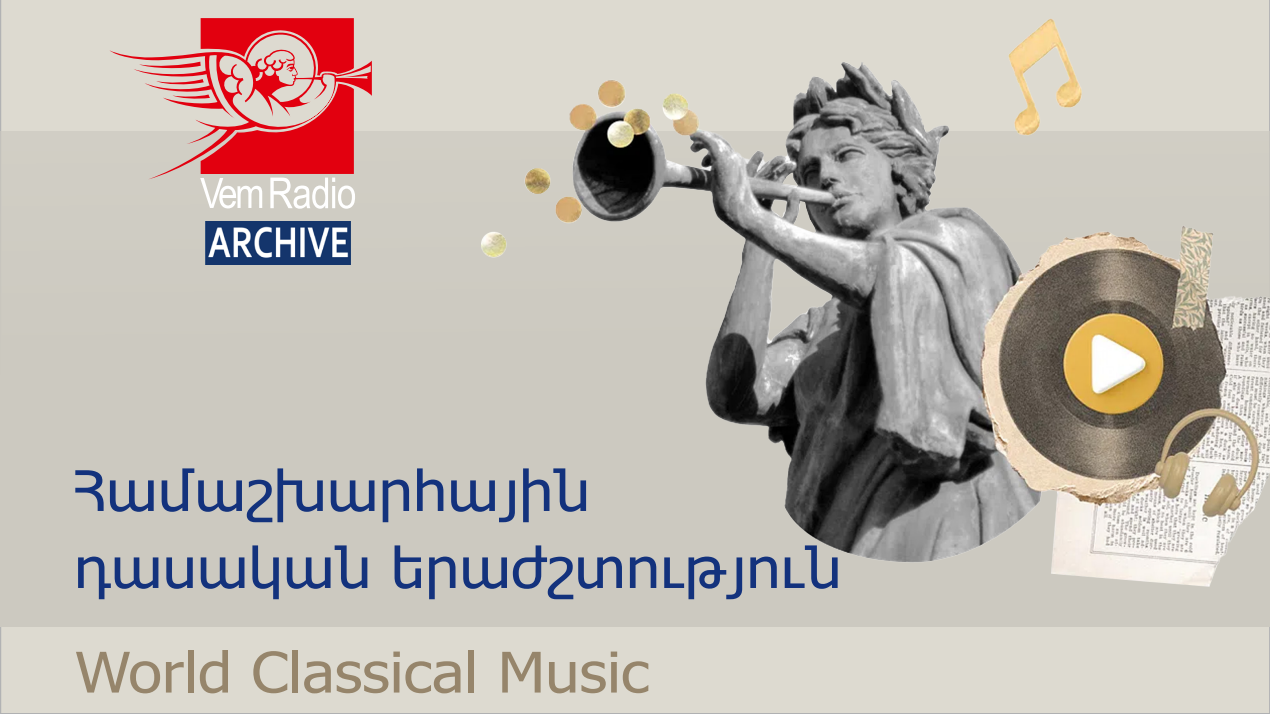
Fritz Kreisler, Driven by Viennese Winds
This episode outlines the creative portrait of the brilliant Austrian violinist Fritz Kreisler and considers its features in the larger view of famous violinists of his time.

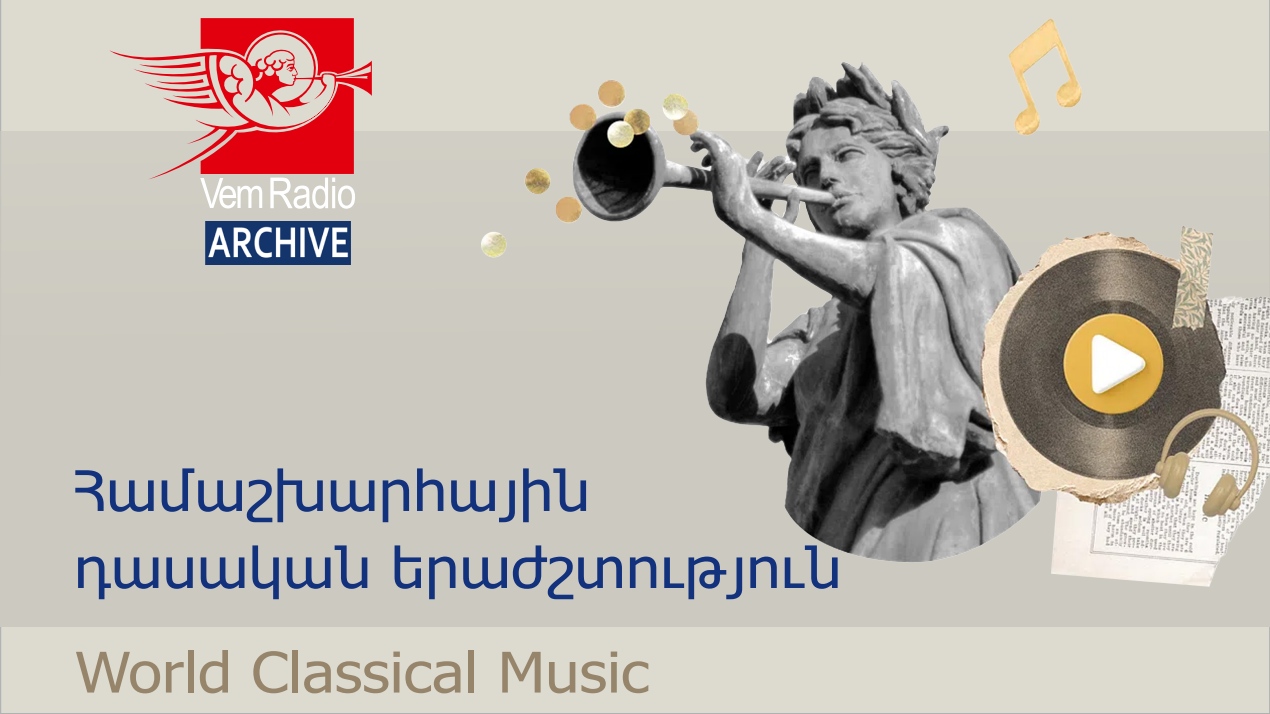
Shostakovich’s Dilijan Symphony
The episode presents Symphony Nº 14 by Dmitry Shostakovich, which he created in Dilijan. This musical masterpiece is based on the poems of Lorca, Apollinaire, Küchelbecker, and Rilke.

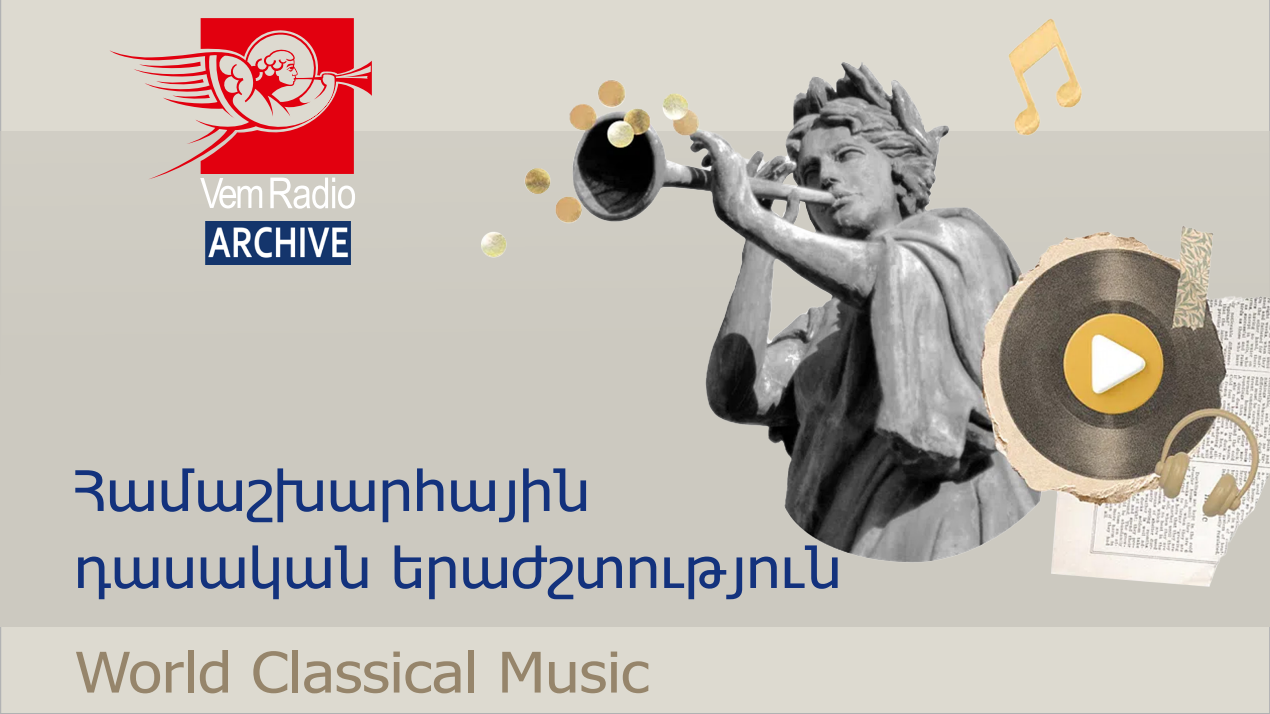
Franz Schubert: Unfinished Symphony, Unfinished Life
The episode presents the tragic life and work of Franz Schubert, the founder of musical romanticism and vocal symphonism.

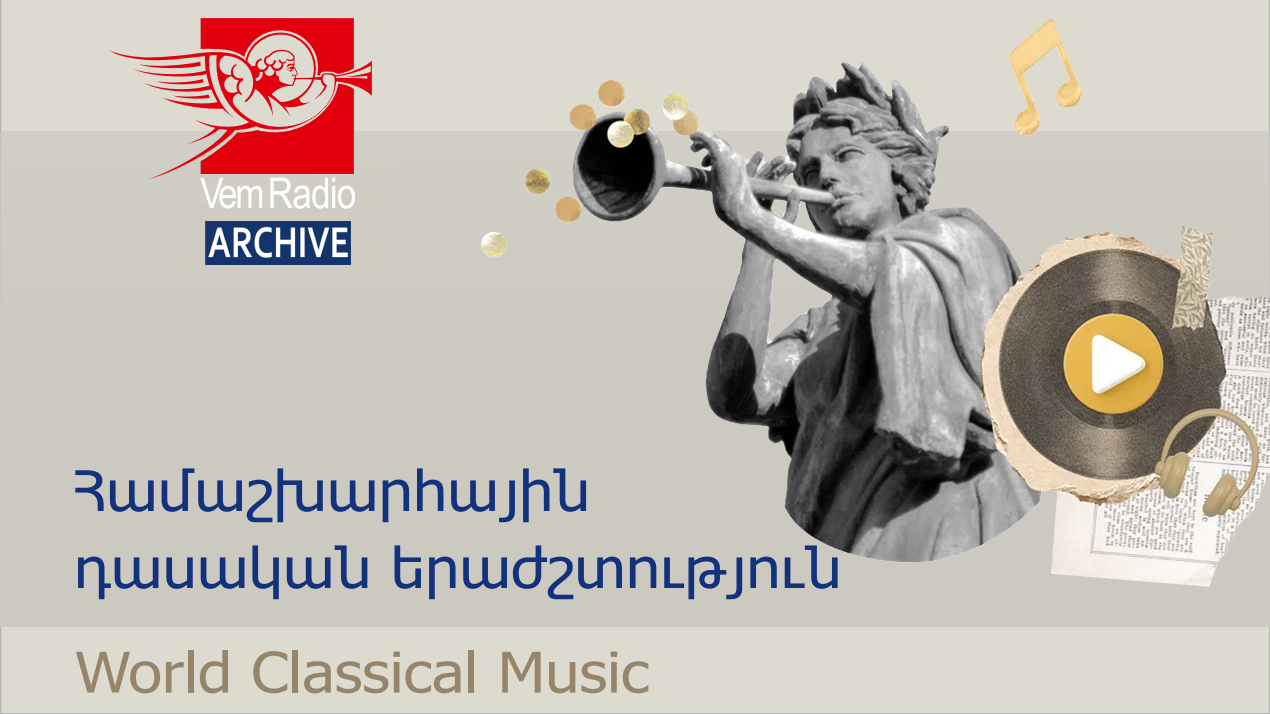
Alan Hovhannes
The episode is dedicated to the art of Alan Hovhannes, an Armenian American composer. By using the music, instruments and poetry of Armenian, Chinese, Japanese, Indian and other peoples, he created his own versatile style.

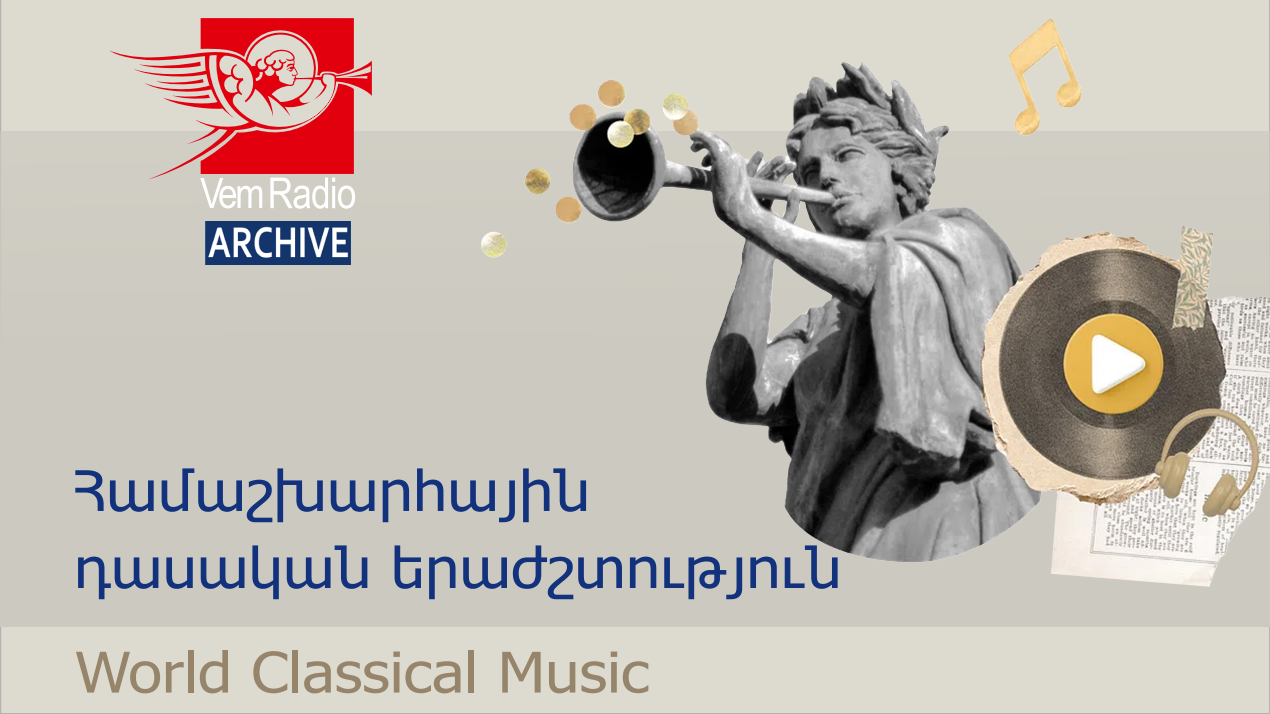
Jan Sibelius, Belshazzar's Feast
This episode presents the Sibelius's work depicting the feast of Belshazzar, the last king of besieged Babylon. The king was glorifying idols with his concubines, drinking from the golden vessels brought by his father Nebuchadnezzar from the Temple of Jerusalem, when that same night the Persian troops broke in, destroyed Babylon, and killed the sacrilegious king.

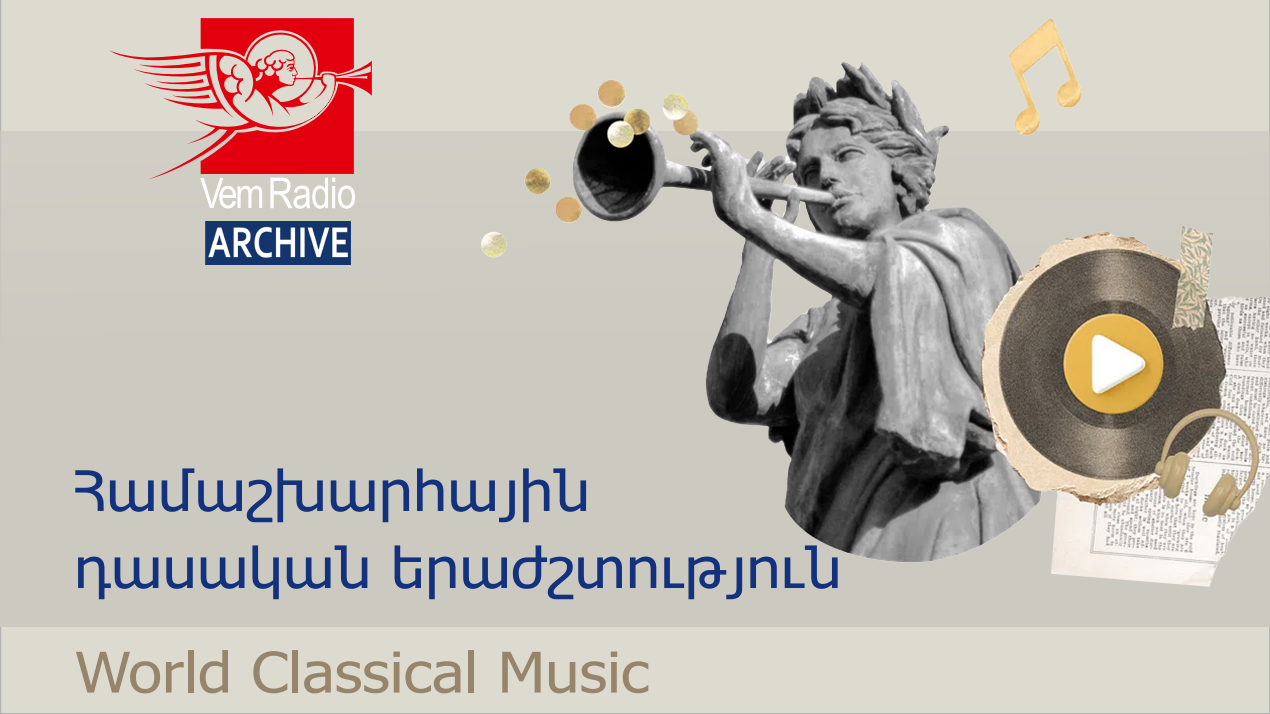
Ohan Durian: Legend or Reality? (Part III)
The third part of this episode is dedicated to the last, Armenian, period of Ohan Durian’s life and activity — to the concerts of the National Opera Theater Orchestra under his direction, of Ohan Durian Symphony Orchestra (reformed) of the National Radio, and of Moscow Symphony Orchestra under patronage of Stas Namin.